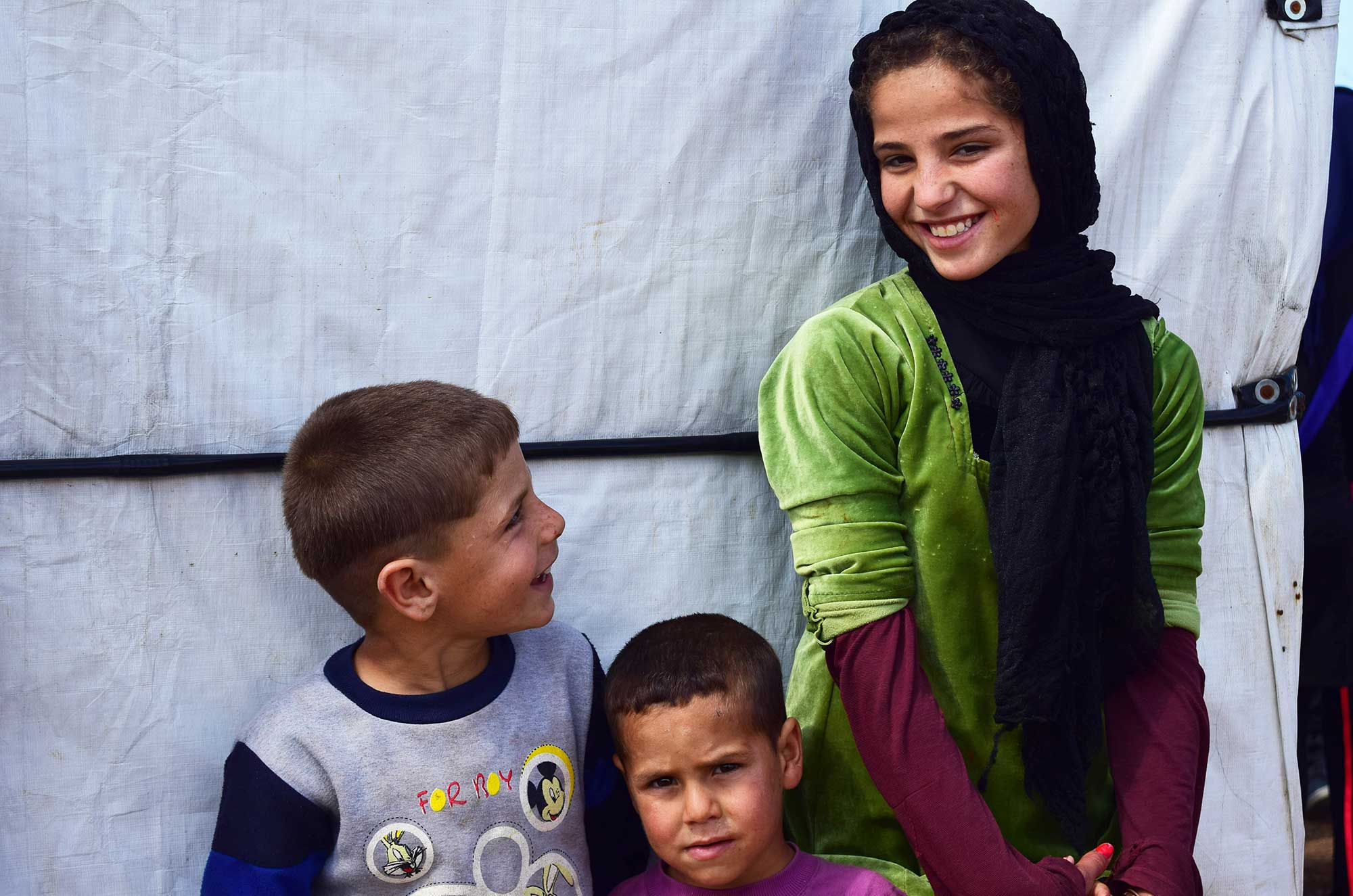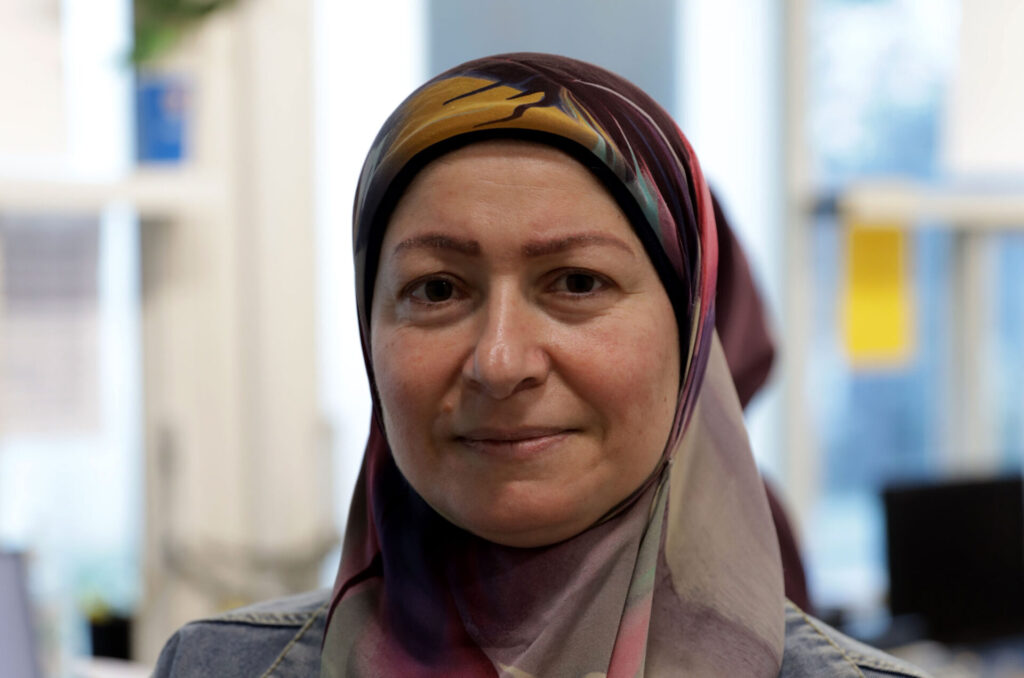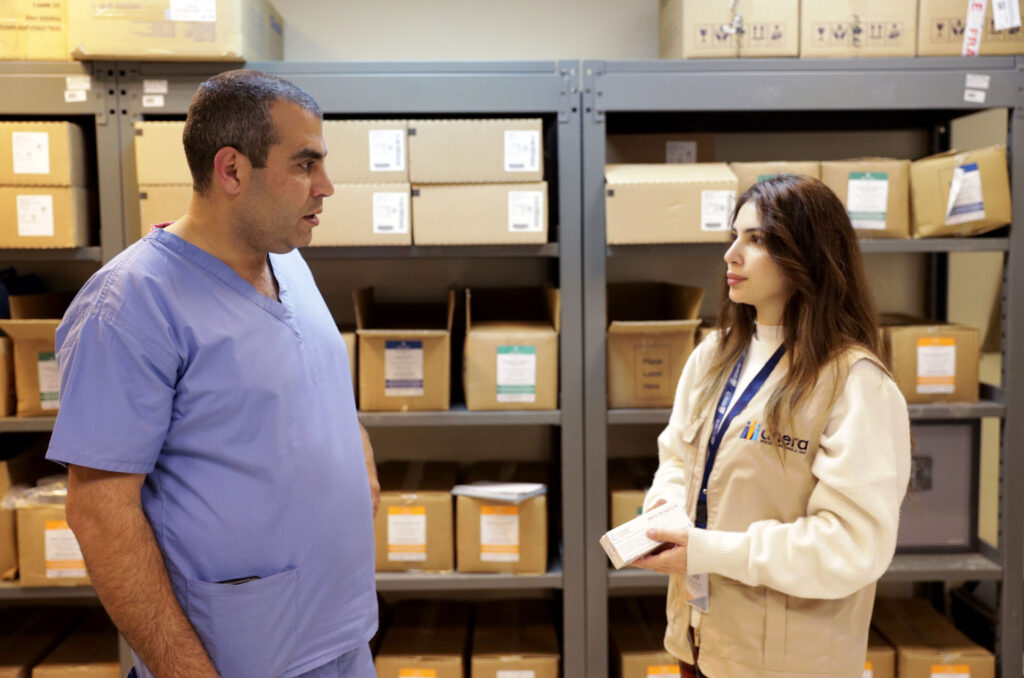Mar, 2016
When you have access to proper care, it’s easy to take dental health for granted.
For many refugees in Lebanon camps and tent settlements, toothaches and infections have become a part of their new life. The cost of treatment is too high and clinics and hospitals are not accessible.
Aminah lives in a makeshift settlement in Miniara, in the north of Lebanon. She came to the country a year ago with her parents and her nine siblings to escape the Syrian war. Life is hard and reliable health care is hard to find. “Toothaches really hurt and sometimes I can’t sleep at night because of the pain,” says Aminah.
Aminah’s discomfort is an important immediate concern. But unaddressed dental problems early in life can also lead to the need for expensive and invasive treatments down the road. Moreover, poor oral health can affect the rest of the body, sometimes for years to come. Recent studies link gum infections and inflammation to diabetes and heart disease, among other chronic illnesses.


Confronting Challenges to Syrian Refugee Dental Health
In February, Anera partnered with The Ajram Family Foundation to launch an innovative Syrian refugee dental health project that is reaching 750 children and their families in a settlement in the Akkar district. The project brings dentists to the camps for screenings and sends patients in need of treatment to a reputable clinic for free care. Anera is simultaneously conducting a health education campaign that focuses on good oral hygiene practices, cavity prevention and early intervention.
One participating dentist, Abd el Rahman Mohammad, says most of the problems result from a lack of oral hygiene. Some people, he adds, even have to have their teeth taken out. “Children in this camp do not have access to clean drinking water and we know unclean water can cause cavities.”
Anera Health Program Manager Dima Zayat says they simply can’t afford it. “Proper oral hygiene practices and a balanced diet are essential to maintaining healthy teeth but extreme poverty and lack of access to dental services multiply the risks of serious oral health issues.”
Through proper screening, treatment and awareness, and help with transportation , we can help Syrian refugees tackle this important, and preventable, health problem. It is one less worry in a long list.




